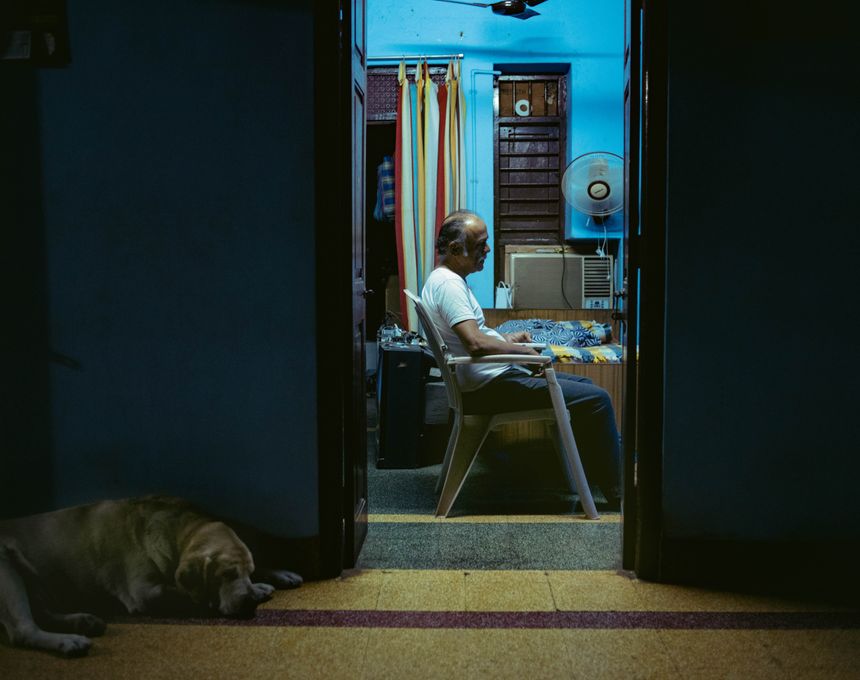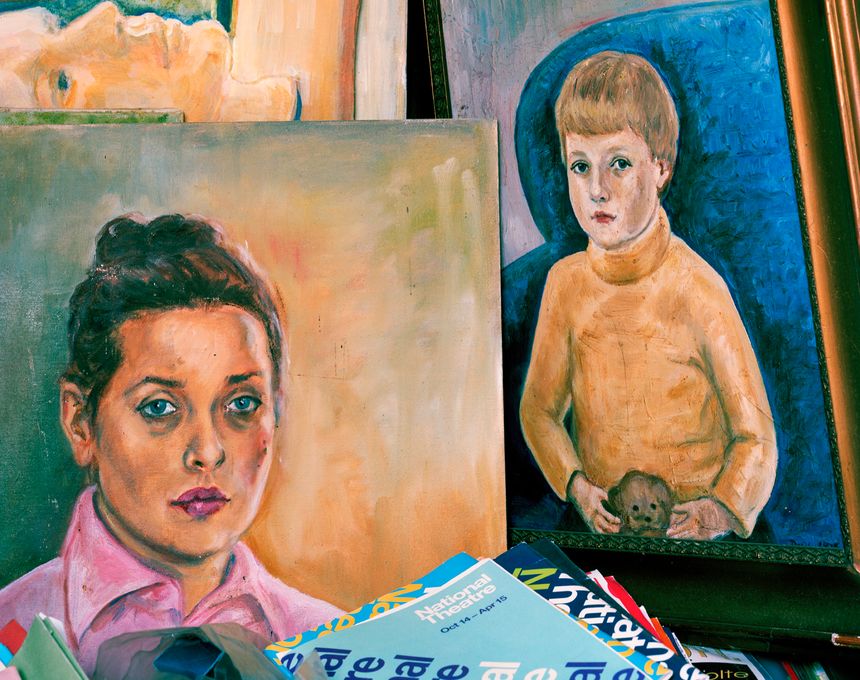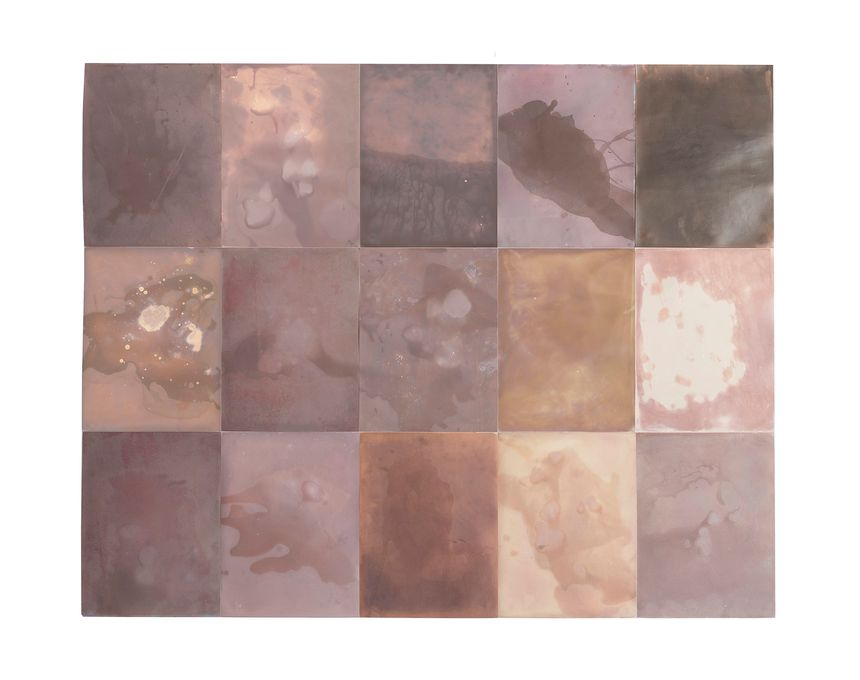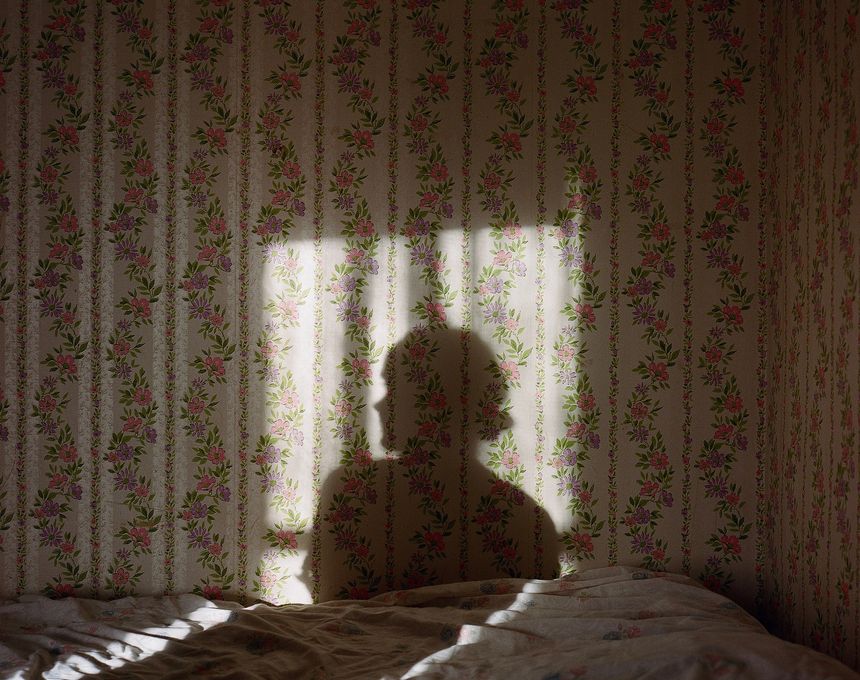From war to work: Syrian child labour in Turkish textile workshops
-
Dates2016 - Ongoing
-
Author
- Topics Social Issues, Contemporary Issues, Documentary
From war to work: Syrian child labor in Turkish textile sweatshopsThousands of Syrian children are forced to work to mantain their families in Turkey.
They work under staircases, in warehouses with crumbling walls, in basements and abandoned buildings converted into textile sweatshops lacking any basic safety standards. They cut fabric by candlelight, sow laces and patches, sort clothing and attach buttons and zips. They work between 8 and 12 hours a day, 6 or 7 days a week for just €15. They are children between the ages of 8 and 16, mostly boys, who have escaped from Syria with their families and have reached Gaziantep, in Turkey, thirty miles from the border and where 300k Syrians currently live and work.
They say they want to go to school, have time to play and continue studying. They talk about becoming lawyers, doctors and scientists. But the Turkish textile sector requires their labour to sustain one of the largest textile industries in the world after China and Bangladesh.
According to a report by Human Rights Watch, which described child labour in Turkey as “rampant”, of the 700.000 school-aged Syrian children in Turkey living outside the official refugee camps, almost half a million have no access to education, leaving them at risk of exploitation in various sectors of Turkey’s economy, as well as on the verge of becoming a lost generation.
Economic hardship is a major barrier to education for many Syrian families in Turkey in other ways as well. Syrian refugees are not permitted to work legally in the country. Parents are often unable to provide for their families on the minimal income they make in the informal labor market, and as a result child labor is widespread among the Syrian refugee population.
According to the Turkish Ministry of Economy, the textile industry has increased its production in Gaziantep by 33% in the last 4 years, and nationwide textiles provide 7% of the country’s GDP – a total export value of €15bn. The European Union is the main market for those exports, as many of Europe’s major clothing brands use Turkish textiles.
In January 2016 the Business and Human Rights Resource Centre, a British NGO, began investigating the presence of refugees and their working conditions, and the presence of child workers, within Turkey's textile industry. Of the 28 major international brands approached, 4 confirmed having found refugees working in their supply chain, 2 of which also admitted to finding child workers in their factories. Only 6 brands found no evidence of refugees in their factories, while the remaining 18 have yet to answer.






















